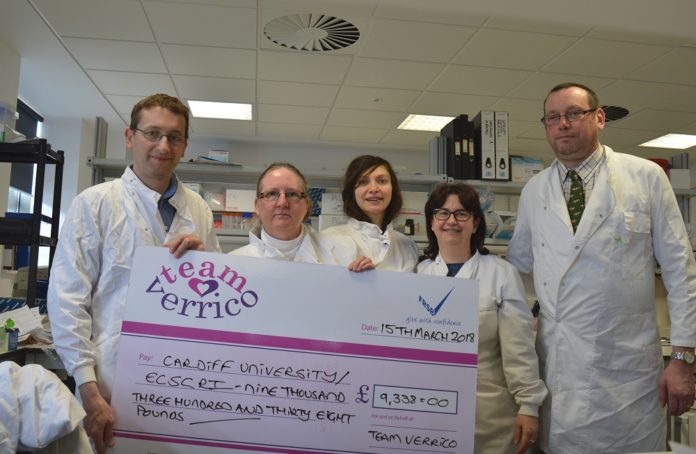Recently team Verrico has donated £9,000 to the European Cancer Stem Cell Research Institute which aids Professor Matt Smalley’s research group to develop a potential treatment for aggressive breast cancer. According to reports, this funding will help them develop an inhibitor of a molecular switch which the group has found becomes permanently ‘switched on’ in triple negative breast cancer.
The movement of this switch keeps tumor cells alive, so the gathering believes that by figuring out how to turn it off, they can slaughter the phones of this forceful growth compose.
Group Verrico philanthropy plans to finance front line explore expecting to discover or enhance medications for tumor, particularly triple negative bosom growth, and supporting exploration into the difficulties looked by long-haul survivors of the sickness.
The growth philanthropy went to the European Cancer Stem Cell Research Institute at Cancer University to catch wind of its work and to give £9,338 to enable the Institute to proceed is investigate into tumor foundational microorganisms and malignancy.
They were given a voyage through the Institute’s lab and were indicated how their gifts are being utilized to subsidize the exploration at the European Cancer Stem Cell Research Institute.
Paul Verrico, Team Verrico’s Head of Research and Founder, said: “The work of the smaller research programmes is vital in the successful fight against the invidious foe of cancer.
“The trustees were impressed with the insightful application made by Professor Smalley and team and very much look forward to reading their results later in the year.”
